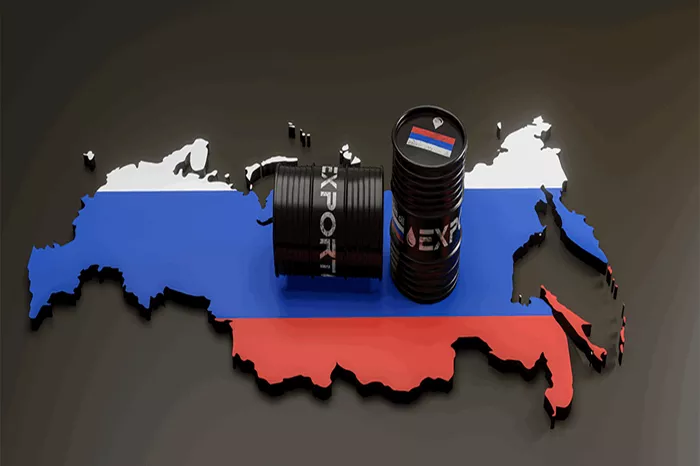Czechia has confirmed it will not request an extension for its exemption from the European Union’s ban on Russian oil product imports, set to expire on December 5. This decision is aligned with the Czech Ministry of Industry and Trade’s ongoing efforts to reduce dependence on Russian energy sources.
The exemption was granted as part of EU sanctions imposed on Russia in response to its invasion of Ukraine. Other countries, including Slovakia and Hungary, have received similar dispensations.
Marek Vošahlík, a spokesperson for the Ministry of Industry and Trade, emphasized that given the country’s current actions to ensure energy independence from Russia, there is no need for an extension. “In light of the current situation and the steps the Czech Republic is taking to secure its independence from Russian oil, the country does not see a reason to extend the exemption,” Vošahlík told the Czech News Agency.
In line with its strategy to reduce reliance on Russian oil, Czechia plans to increase the capacity of the Transalpine Pipeline (TAL). Starting next year, TAL will double its capacity, allowing it to deliver up to eight million tonnes of oil annually to the country. TAL, which connects the Italian port of Trieste to Central Europe, is a vital infrastructure for the region’s energy security.
The Czech Republic sources its oil via two main routes. Last year, the country imported 7.4 million tonnes of oil, with 58% coming through the Russian-operated Druzhba pipeline. The remainder was transported through Germany’s IKL pipeline, linked to the Italian TAL.
While Czechia has significantly reduced its reliance on Russian oil, it has seen an uptick in Russian gas imports. After relying primarily on Germany for gas earlier this year, the majority of Czechia’s gas now comes from Slovakia, a route that primarily delivers Russian gas. Analysts suggest the shift is due to the lower market price of Russian gas and the higher transit fees for imports via Germany. The Czech Ministry of Industry and Trade has acknowledged the issue and anticipates that the abolition of transit fees, expected early next year, will increase imports from Germany once again.
Related topic:
What Colour Is No. 2 Fuel Oil?

